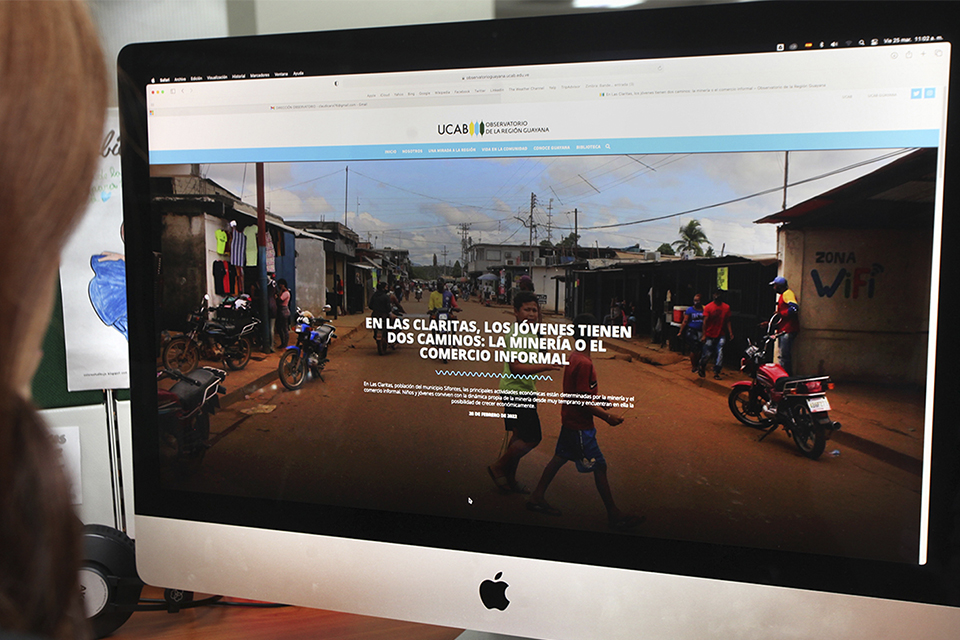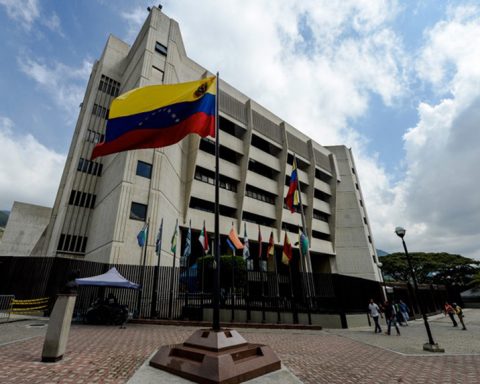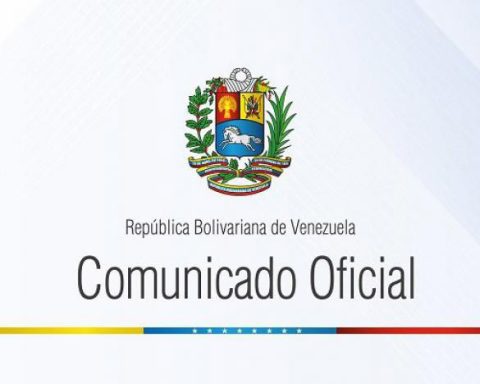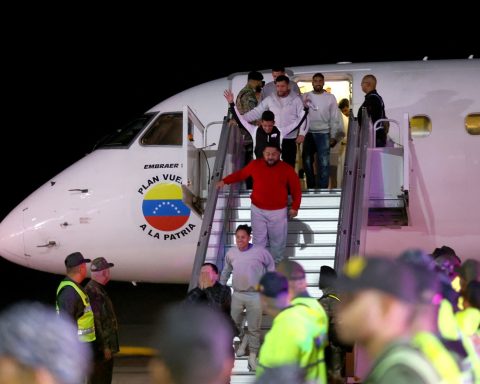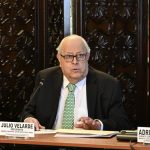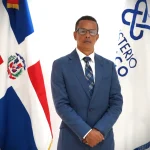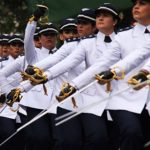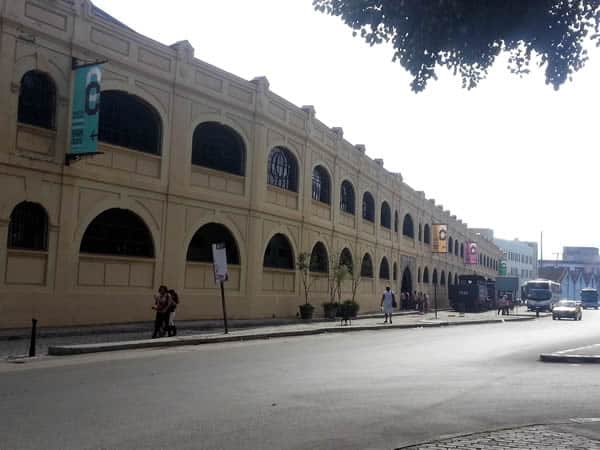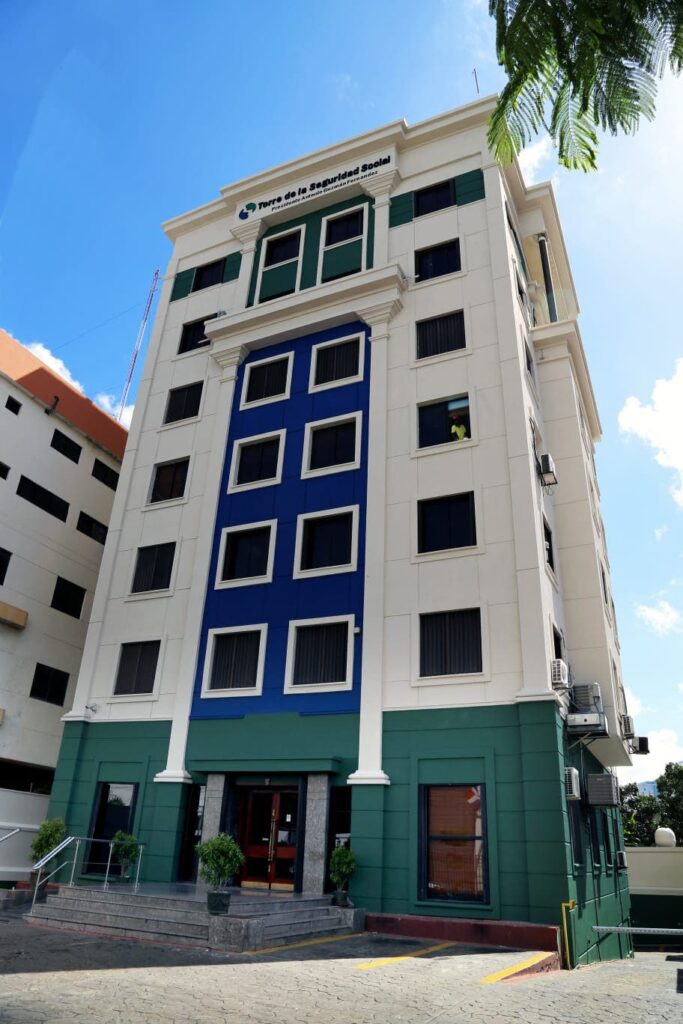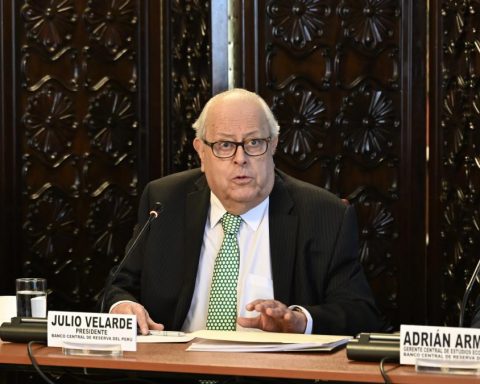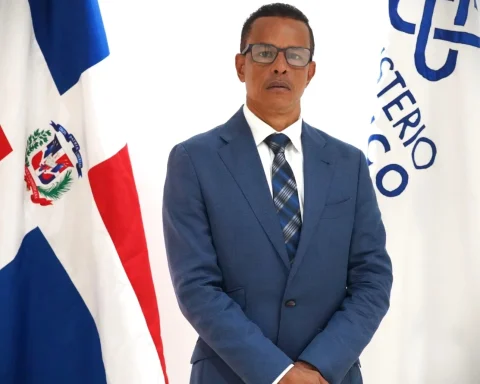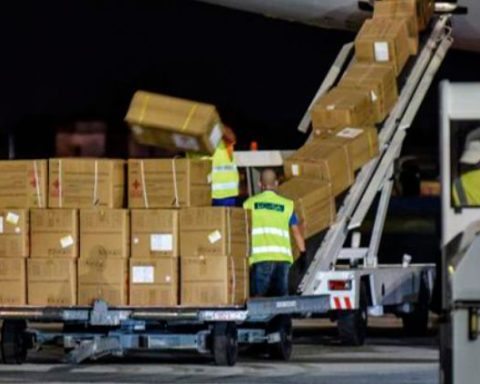The Observatory of the Guayana Region offers statistical data, reports, maps and legal instruments on issues related to the socioeconomic and human rights situation of the population of Guayana
Enjoying good health, having citizen security, reaching an appropriate educational level, having a decent job and living in a suitable home are —in the opinion of Eugenio Di Pasquale, renowned professor and researcher at the University of Mar del Plata (Argentina)— the five dimensions of social well-being.
Based on the foregoing, the question asked by the researchers at the Andrés Bello Catholic University (UCAB) in its Guayana extension is: what development opportunities —individual and collective— do Venezuelan citizens have today of well-being, as the highest social value? This, taking into account that, at present, Venezuelan society survives in a world of complexities, overcoming natural, political-territorial, economic, social, educational and cultural aspects.
The challenge of answering this question lies with the Guayana Region Observatorya new viewpoint attached to the Center for Regional Studies of the UCAB Guayana, and to the Faculty of Economic and Social Sciences, whose official presentation will be on April 21, at 3:00 in the afternoon, in the Constanza Verolini Auditorium, located at the Puerto Ordaz campus.
Nationwide initiative
The Observatory of the Guayana Region is designed to monitor, systematize and disseminate information —relevant and rigorous in methodological terms— on the social behavior of this vast territory made up of the states of Bolívar, Amazonas, Delta Amacuro and its entrance to the Amazon, to contribute and influence the management of sustainable development.
The work of this viewpoint will make visible the impact of economic and social transformations, the structural causes and the behaviors generated by human interaction in the territorial space. With the generation of statistical data, which provide valuable information for the creation of public policies, efforts will be made to assist in decision-making for changing realities and improving the quality of life of the population.
Father Francisco José Virtuoso SJ, rector of the UCAB, expressed the institution’s interest in getting to know the Guayana Region in depth, diagnosing its major problems and its impact at the national level, “in order to effectively build proposals that are the result of intense dialogue and connection with all sectors. Because Guayana interests not only its inhabitants, it interests the entire country. Therefore, this is an initiative of the entire UCAB; From the researchers in Guayana it is possible to coordinate a great synergy for knowledge. Let research be a bridge for dialogue, knowledge and the joint construction of possible solutions».
Raw material to create public policies
The Observatory of the Guayana Region considers mining as study areas, with emphasis on the phenomenon of the Orinoco Mining Arc; the indigenous peoples and communities that inhabit the region; water, social welfare and environment, as a space that governs and conditions human existence and that must be preserved for future generations.
Father Arturo Peraza SJ, Vice Chancellor of UCAB Guayana, stressed that the Center for Regional Studies has been working for some time to understand the situations that are being generated in the Guayana Region, considering problems that are associated with the environment, access to water, security of citizens in the presence of irregular groups and contexts of violence, access to education, housing, food and health. These circumstances that people are experiencing are considered humanitarian problems.
In this sense, the Jesuit affirmed that “we are not experiencing a welfare state and even less what the National Constitution establishes: a social state of law and justice; 20 years later we are very far from that version. In fact, we want to demonstrate and try to understand through the Observatory—these are the causes of why this desideratum of the constitutional norm, which was a social project outlined for Venezuela, not only has not been achieved, but we have regressed in the objectives ».
The also lawyer stressed that, in the case of the Guayana Region, the concern is to generate relevant knowledge to transform the context of the reality that Venezuelans live. Therefore, “research is vital, because if you do not know the problem, you cannot provide solutions through the creation of public policies, to achieve true sustainable development.”
Ronald Balza, dean of the Faculty of Economic and Social Sciences at UCAB, asserted that “the information compiled by the Observatory of the Guayana Region can help in decision-making, not only from the university, but also from all who are interested in having activities in the region. It is also a way of linking up with researchers from other parts of the world who, taking advantage of communication connections, want to learn about and generate solutions to the problems in this area. Our observatory is a window to the world”, highlighted the economist.
Observatories: great allies of research
Aiskel Andrade, director of the Center for Regional Studies of the UCAB Guayana, explained that the observatories allow updating, systematizing, organizing and compiling information on a certain subject. The advantage of having rhythm or speed, without lacking rigor, offers some freedoms that are not typical of scientific research.
Another characteristic is that the observatories have a digital platform, which allows access to many audiences, different from the typical and regular products of research centers, such as an indexed journal aimed at more specialized audiences or users of scientific research.
“Likewise, the observatories allow the development of research projects by identifying relevant issues. This contribution goes in two directions: researchers and professors can nourish the information of the observatory and can also use it to adjust their lines of research».
Given the complexity of the area, the Observatory of the Guayana Region set out to identify allies called infocitizens in each of the localities, in order to gather information, in the first stage. Researchers at the Center for Regional Studies support the preparation and revision of the instruments, as well as the processing and curation of the texts, which allow the transmission of digestible information for all users of the platform.
Andrade stressed that the Observatory’s findings should be converted —as far as possible— into socialization, transfer and incidence. First, that the allies of the communities have access to the Observatory page and make visible the result of the study in which they participated. The second, allows a more long-term work: There are some issues in which —by being made visible— the university itself can influence, for example, through the transfer of knowledge, technical studies, engineering, formulation of projects to access financing, among others.
Post Views:
250
